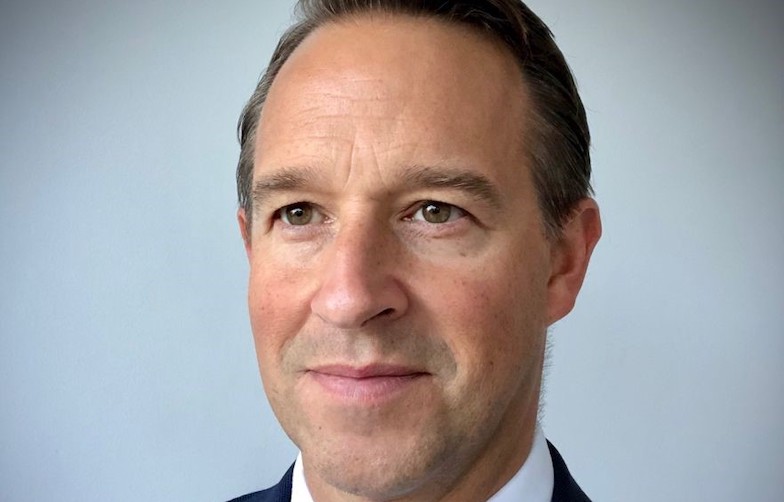Richard Staveley is quietly confident shareholders will vote to give the trust formerly known as Gresham House Strategic a second lease on life under Harwood Capital.
The fate of the pint-sized UK small-cap trust seemed all but sealed after ex-manager Gresham House Asset Management (GHAM), which owned a majority stake, secured overwhelming support to wind it down.
But last week shareholders were told they would have the opportunity to reverse that decision and let Harwood carry on running the trust, now known as Rockwood Realisation, in an ordinary vote on 25 April.
The resolution needs at least 50% of the vote to pass and Staveley (pictured) feels this is achievable, telling Portfolio Adviser he has spoken with a number of top shareholders who are keen to keep the trust going.
Harwood owns 28.9% of the share capital itself, up from 9.9%. Last month it bought the bulk of former manager Gresham House’s 23.7% stake in the £40.6m trust, while existing shareholders took up the rest.
“You would imagine if you’re buying shares at the same time as we’re buying shares, you are on board with the next phase,” he said.
No one wants to be a forced seller of UK small caps
Staveley said the last year has been a “tumultuous” and “heart-wrenching” experience unlike any in his 20-year career in fund management. He resigned from GHAM just before it was sacked as Rockwood’s manager, only to re-emerge at Harwood and be saddled with the trust’s wind-up.
Being forced to ditch the portfolio’s remaining UK smaller company stocks at a time when the asset class is out of favour would be a mistake for shareholders, he believes.
“There is absolutely no way you get back NAV, if you’re a forced seller of large stakes in small companies.”
Conflicts of interest
Staveley and Harwood Capital CEO and founder Christopher Mills, who is advising on the fund, have both sunk their own money into the investment company. Staveley has personally bought 1% of the company, while Mills’ 28.9% stake is worth £10.5m.
Though Harwood (via Mills) is now the largest shareholder, it has restricted its voting rights on everything over 10%.
Staveley said this was done deliberately to avoid potential conflicts of interest arising from the manager owning most of the shares.
“In the investment trust industry, there are a number of firms that have investments in their actual funds, but it’s not the norm. What is quite rare is that the manager also has a massive stake,” Staveley said.
“Gresham and friends had 25% of the company but they also had a very lucrative management contract to run that company.
“There’s nothing wrong with having a conflict of interest,” he continued. “The responsibility under the FCA rules is you have to manage that conflict well.”
New management fee is a ‘loss-leader unless we perform’
In another departure from the previous manager, Harwood is also charging significantly lower fees.
It will receive a reduced investment management fee fixed at £120,000 per annum, while Rockwood’s NAV remains sub £60m, which is “basically a loss-leader unless we perform”, Staveley notes.
After it goes above that level, Harwood will charge 1% per annum with a performance fee of 10% above a 6% hurdle.
Where the average NAV sits at or below £100m, performance fees are capped at 3% of the average NAV for the relevant period. Fees above the cap will be deferred to the next payment period.
Value rally should buoy trust
That said, Staveley is not planning on growing the trust above £250m.
“We don’t want to grow to be massive. The most important thing for us to deliver is really good investments for everybody. If we were a bit bigger, it would be give us some more investment opportunities, that are still under the radar for most, but it’s not the first thing on the top our list – that’s performing.”
After initial divestments, the trust now has nine holdings – all investments Staveley had a hand in picking while he was at GHAM.
“We believe that asset allocators and investors over the next few years are going to reallocate the amount they have in growth strategies to value bias strategies. There are very few people doing it. As a result, we think people are going to be interested in this strategy.”











